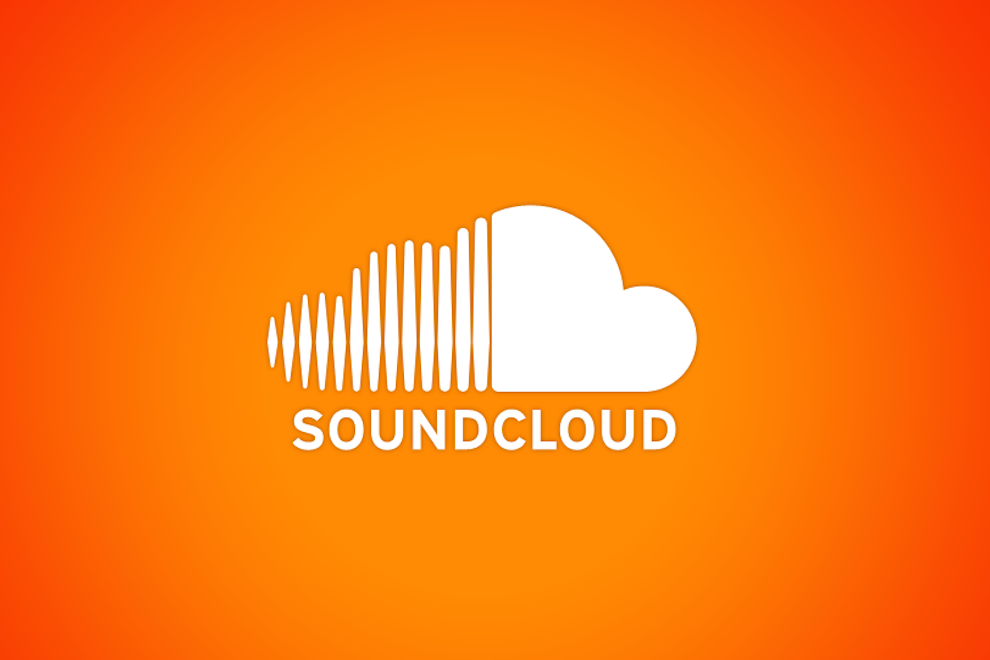For years, SoundCloud has been the go-to service where musicians and listeners can connect, and now the company is ready to put itself in the same league as Spotify and Pandora.
SoundCloud Go was revealed earlier this week–a subscription service that will run for $9.99 per month ($12.99 on mobile) after a 30-day trial period. With it, the service is promising “more tracks from emerging and established creators,” as well as the ability to listen offline. This deal comes as part of a Universal Music Group partnership, which was announced earlier in the year.
The ad-free service will help creators “reach more listeners in more places, and do so in the most diverse content ecosystem in audio streaming.” And it assures its users that “the totally free SoundCloud you know and love will always be here. You’ll still be able to reach the platform’s 175 million unique monthly listeners, whether they’re SoundCloud Go subscribers or not.”
The move has already found a number of high-profile partners, including Netflix, Jeep, HBO and Pepsi–all of which should contribute to a much bigger revenue for the company. That said, not everyone is thrilled with the subscription model.
Dave Wiskus, a member of indie rock band Airplane Mode, wrote a letter explaining how indie artists will struggle to benefit from the service. “You’ve been running ads for a while now without paying us. I guess I wrote it off as a temporary measure to keep the lights on,” he notes. “I could accept that. But now you’re charging people for access to our songs, rolling out the red carpet for the major labels, and saying you’ll get around to us eventually . . . So not only are you getting our music for free and paying us nothing, we’re actually paying you to take it. What an excellent deal. For you.”
Many aren’t viewing this news in a positive light. Matt West, director of digital integration for Ayzenberg, stated, “SoundCloud is not only entering a crowded marketplace, but they’re running the risk of losing their most vital, active and engaged audience–music creators and tastemakers.
“The reaction from artists has been the loudest. The most notable complaints are from creators who have been paying for SoundCloud Pro accounts, only to discover that their music will now go behind a paywall,” he continued. “The subscription service essentially runs counter to the main attraction of the platform: music discovery. The general sentiment seems to be a sense of abandonment of independent artists in favor of major labels and brands, even though it has been those same artists and creators who have helped make SoundCloud a relevant platform.”
So the challenge for the next few months lies with making this new subscription model into something meaningful while balancing the free service. It’ll also be interesting to see what happens to indie artists, but considering how important they are to SoundCloud’s plans, their concerns will likely be addressed in the near future.

